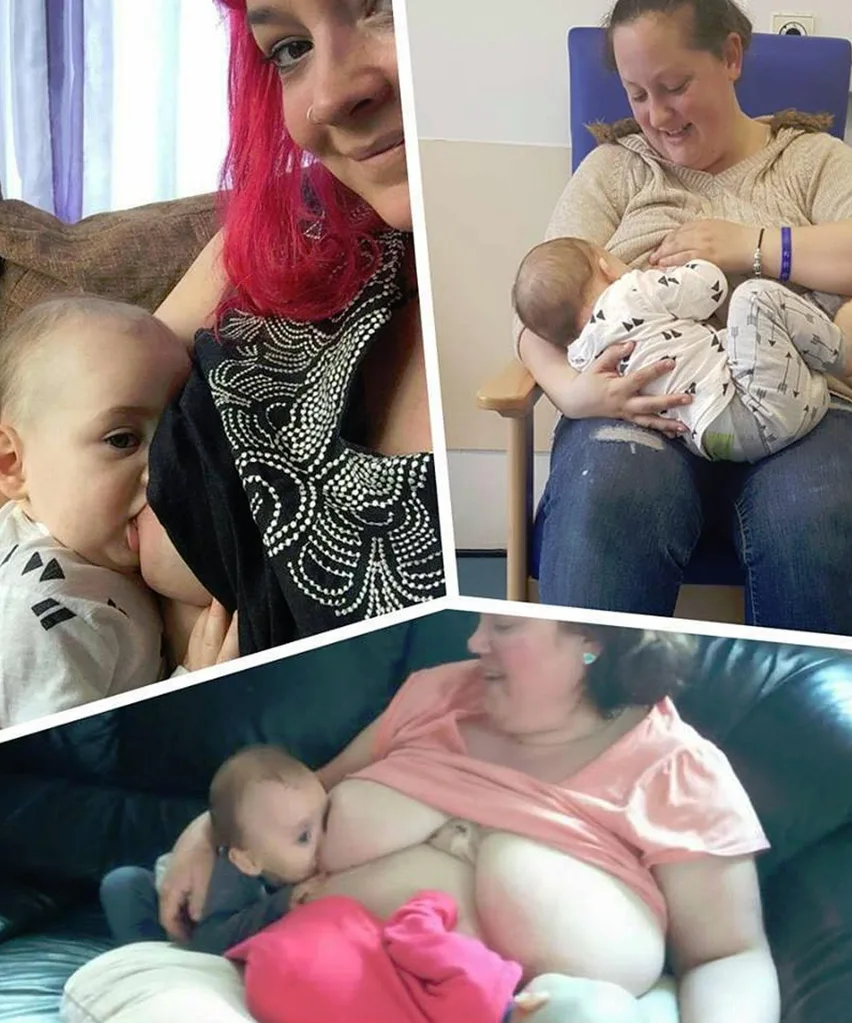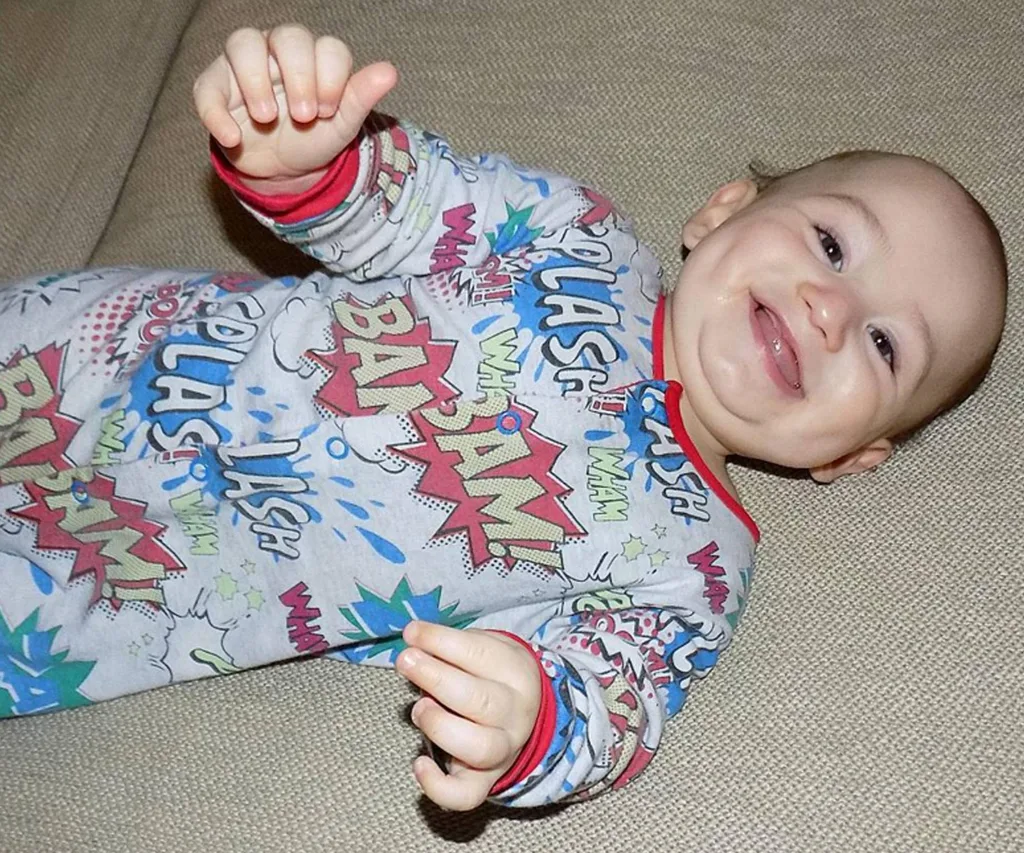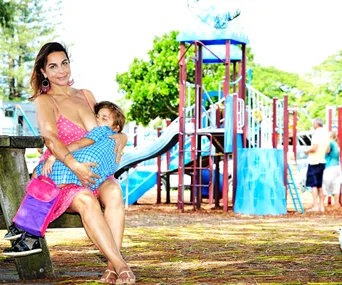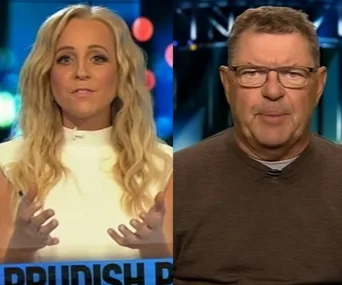Ronja Wiedenbeck was rushed to hospital and given drugs too heavy to allow her to continue feeding her 11-month old son, Rio.
The single mum-of-two took to Facebook to express her concerns that her son would dehydrate .
Asking for help on the Breastfeeding Yummy Mummies page, the 26-year-old was inundated with offers from over 1000 volunteers and the within an hour of posting her plea Rio was happily suckling from a wet-nurse’s breast in the hospital.
Ronja, an amateur model, suffers from ovarian cysts was rushed to hospital in Cornwall in extreme pain and doctors gave her morphine, rendering her unable to safely feed her son.
The Daily Mail reported she had plenty of expressed breast milk in her freezer but Rio refused to drink from anything other than a breast.
She said she had never considered using a wet-nurse before but she didn’t know how long she would be in hospital for and she was worried her son would become dehydrated.
“I was pumped full of morphine and it seemed instinctive for someone to feed him in a way that he has been used to and he’s comfortable with,” the mum said.
“When he was about to be fed by the first lady he looked over at me, almost to ask for approval, it filled my heart with such joy and massive relief.”

Sharing this image of just some of the women that helped her, Ronja said, “So thankful to my other angel mama’s who came to my rescue to nurse my son whilst I was unable to do so due to being on unsafe medication in hospital.”
“I’m so grateful and totally overwhelmed with the response to the message. It is such a loving and selfless act and incredibly heart-warming to see,” she quipped.
“There is so much negativity around breast feeding, it is absolutely incredible to have this support when I needed it.”
Over the next few days five different ladies breastfed Rio, sometimes at the hospital, and sometimes in their own home accompanied by a family member or trusted friend.
Before formulas were created, wet-nurses were not only acceptable but a welcome part of the family if a mother had trouble feeding, or chose not to breastfeed.

Sharing this sweet selfie, the mum penned, “I am so grateful to all the mums who helped make this possible, go mama’s!!!! I hope I can make you proud!!!”
Often the nurse was feeding her own child simultaneously which created a strong bond between babies known as “milk-siblings.”
The World Health Organisation lists wet-nursing and milk banks as a good alternative when a mother’s own milk is not available but there are some risks involved.
Donor mothers may have diseases that can be passed through the milk. While all caution is usually taken, there is still the risk of the unknown.
This story originally appeared on Australian Women’s Weekly

Rio seems to be one happy bub!
.jpg?fit=900%2C750)

